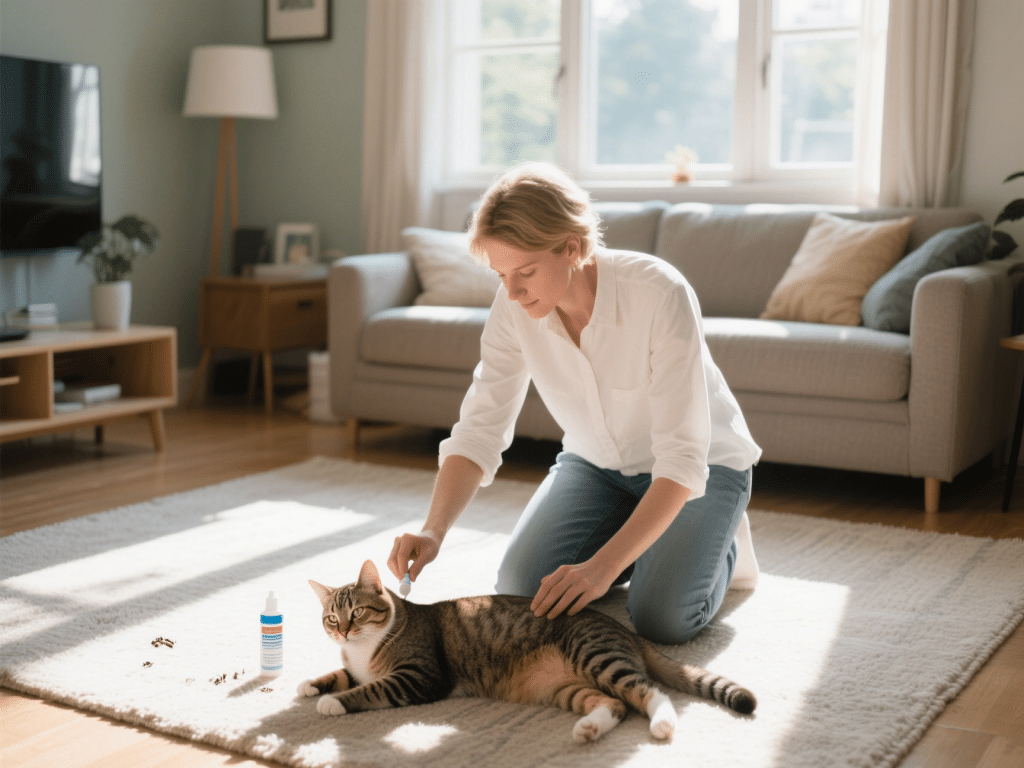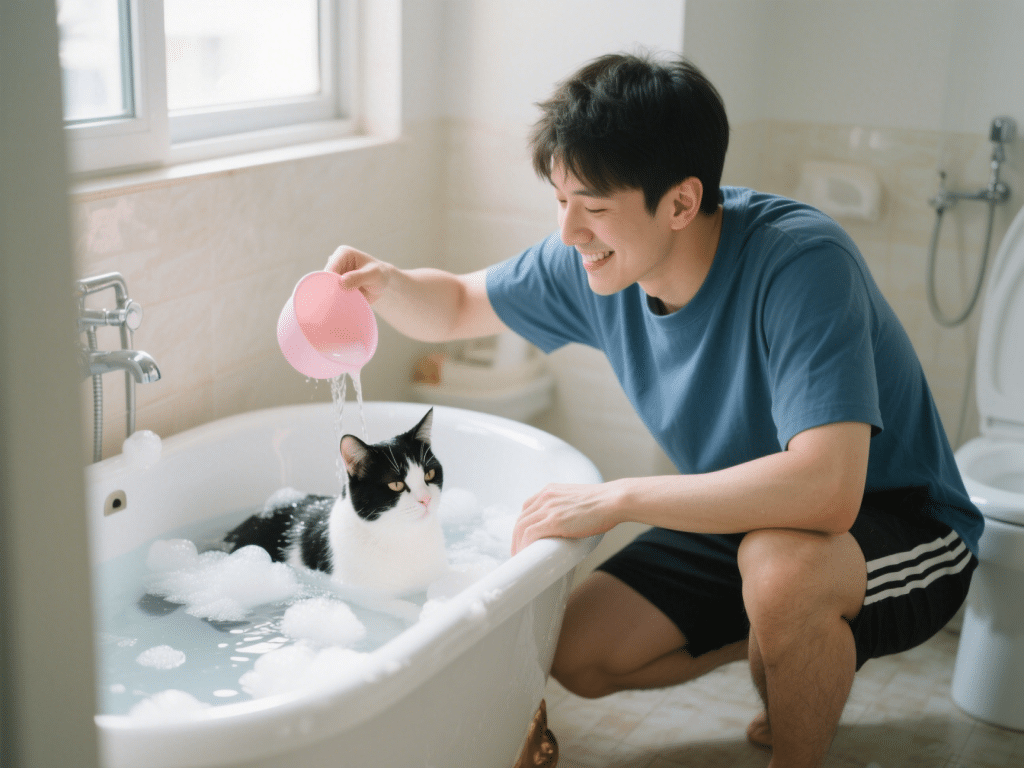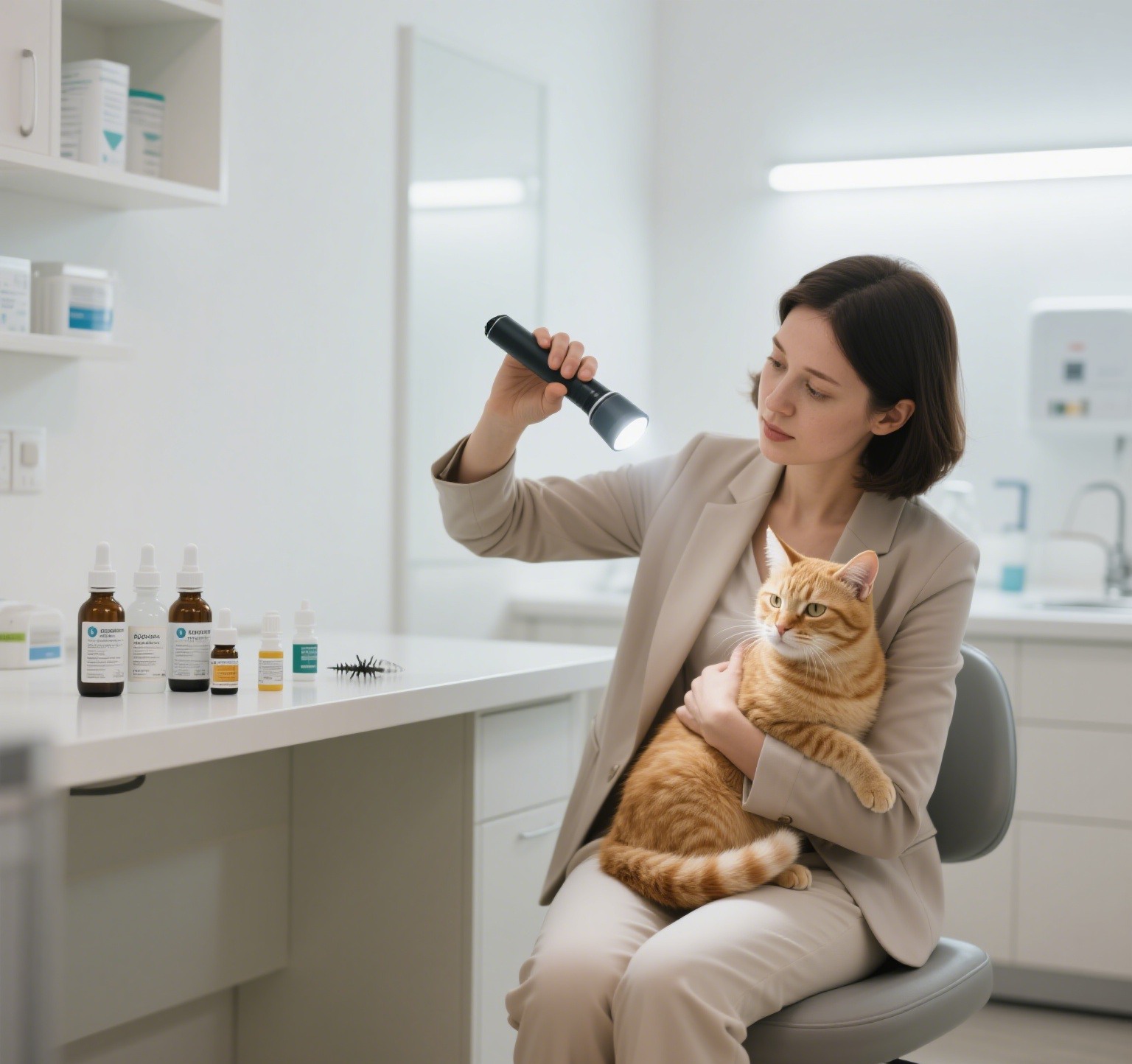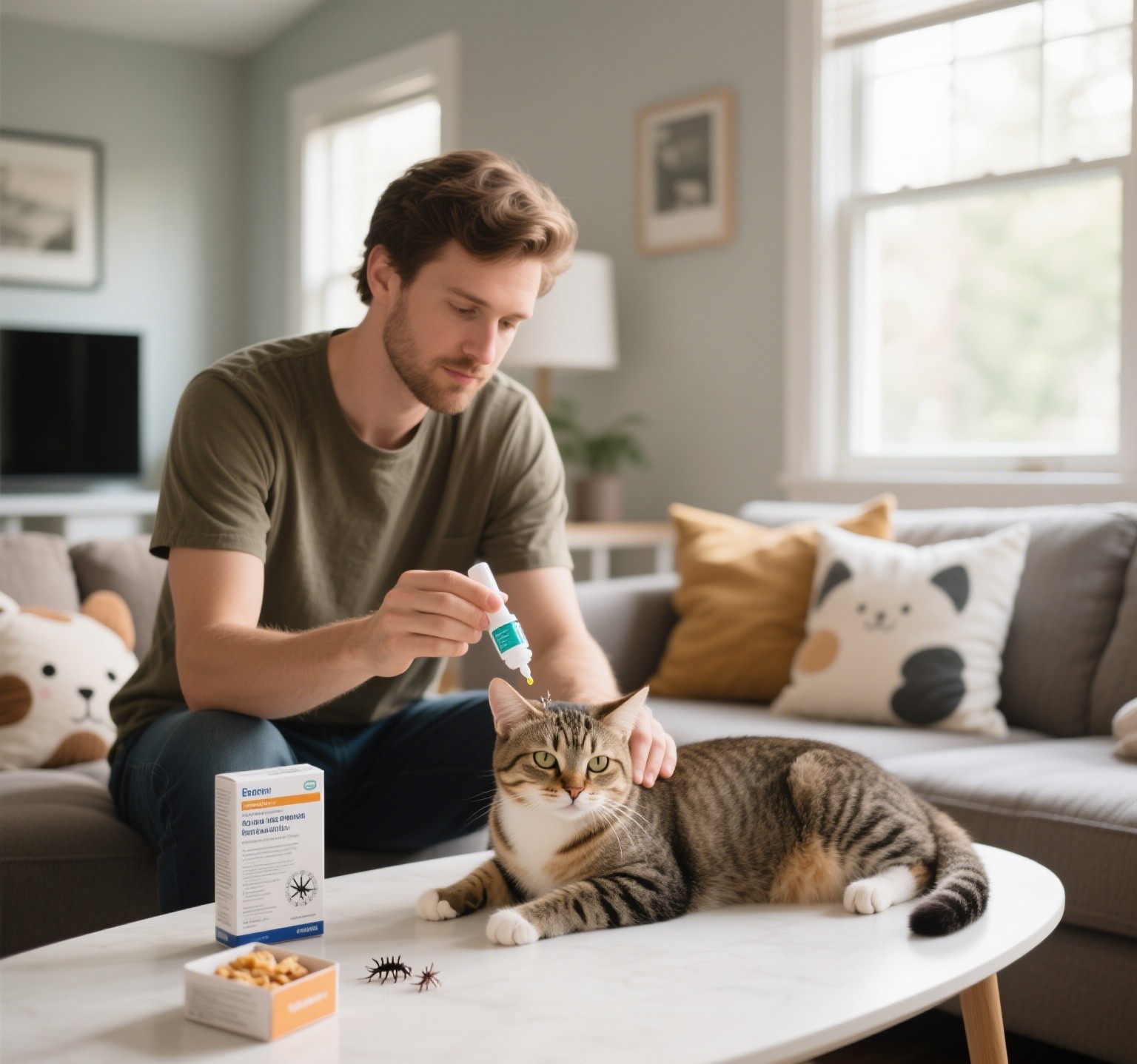Top Safe Deworming Methods for Indoor Cats: Effective Parasite Prevention
Introduction
Indoor cats are often perceived as less susceptible to parasites, but they can still contract intestinal worms through household insects or contaminated surfaces. Regular deworming is crucial to prevent health issues like weight loss, diarrhea, and nutrient deficiencies. This guide outlines safe, effective methods to deworm indoor cats, ensuring parasite prevention without compromising your cat’s well-being.
1. Consult Your Veterinarian First
Fecal Examination: A trained veterinarian will examine stool samples to determine the presence and type of worms (roundworms, tapeworms, hookworms, etc.).
Customized Treatment Plan: Dosage and frequency must be tailored to your cat’s age, weight, and overall health. Always follow professional guidance rather than over-the-counter recommendations.
2. Oral Deworming Tablets and Suspensions
Broad-Spectrum Dewormers: Pyrantel pamoate and praziquantel-based formulas target common intestinal parasites.
Administration Tips:
Administer with a treat or crushed into wet food for picky eaters.
Use a pill popper if necessary, ensuring minimal stress.
Safety Profile: These medications have been extensively tested and are approved for indoor cats. Minor side effects may include mild vomiting or lethargy; contact your vet if symptoms persist.
3. Topical (Spot-On) Deworming Solutions
Dual-Action Formulas: Many topical treatments combine flea prevention with intestinal parasite control (e.g., selamectin-based products).
Ease of Use: Apply directly to the skin at the back of the neck once a month. No need for ingestion, reducing stress for sensitive cats.
Precautions: Ensure the cat does not groom other pets immediately after application to prevent cross-contamination.
4. Natural and Herbal Supplements (Adjunctive Use)
Pumpkin Seeds & Diatomaceous Earth: Anecdotal evidence suggests these ingredients may support gut health and create an unfavorable environment for worms.
Constraints: While generally safe, these supplements should not replace veterinarian-recommended medications. Always verify dosages and purity with a veterinary professional.
5. Monitoring and Follow-Up
Post-Treatment Fecal Checks: Schedule a follow-up fecal exam 2–3 weeks after treatment to confirm parasite elimination.
Behavioral Observation: Regularly monitor appetite, stool quality, and weight. Any sudden changes warrant prompt veterinary attention.
Conclusion
Indoor cats benefit significantly from scheduled, veterinarian-approved deworming protocols. By combining oral medications, topical treatments, and responsible monitoring, cat owners can ensure their indoor felines remain parasite-free and healthy. Regular check-ups and fecal exams are vital to long-term parasite prevention.
Explore Dogs

Choosing the Right Cat Dewormer for Flea-Infested Homes
IntroductionFlea infestations pose dual threats to cats: itching, dermatitis, and tapeworm exposure ...
Read More
Can a Cat Go Outside After Deworming? Recovery and Risk Guide
Can a Cat Go Outside After Deworming? Recovery and Risk GuideDeworming is vital for your cat’s hea...
Read More
Why Deworming Sometimes Fails: Mistakes, Resistance, and Fixes
Why Deworming Sometimes Fails: Mistakes, Resistance, and FixesDeworming, a cornerstone of animal hea...
Read More
Can You Cuddle a Cat Right After Deworming? Handling Tips for Owners
Can You Cuddle a Cat Right After Deworming? Handling Tips for OwnersDeworming is essential for your ...
Read More
Can You Bathe a Cat Before or After Deworming? Timing and Best Practices
Title: Can You Bathe a Cat Before or After Deworming? Timing and Best PracticesIntroductionBath...
Read More
How to Deworm a Multi-Cat Household Without Spreading Parasites
How to Deworm a Multi-Cat Household Without Spreading ParasitesIntroductionDeworming a multi-cat hou...
Read More
How to Tell If Your Cat Has Worms: Five Warning Signs to Watch For
How to Tell If Your Cat Has Worms: Five Warning Signs to Watch ForInternal parasites pose a hidden t...
Read More
Ear Mites in Cats: Signs, Treatments, and the Best External Deworming Options
Ear Mites in Cats: Signs, Treatments, and the Best External Deworming OptionsEar mites (Otodectes cy...
Read More
How to Deworm Cats for Fleas: A Step-by-Step External Parasite Guide
How to Deworm Cats for Fleas: A Step-by-Step External Parasite GuideFleas are more than just a nuisa...
Read More